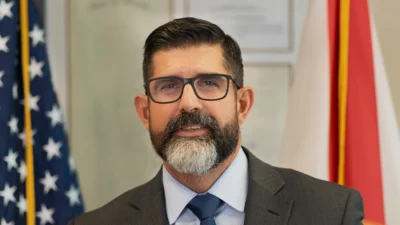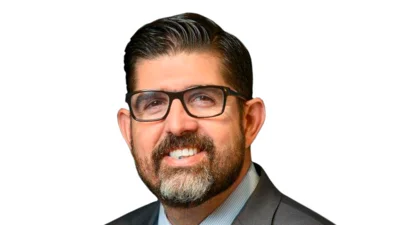Ashton Body | Bolles School
Ashton Body | Bolles School
TEDx Jacksonville speaker Ashton Body, a rising junior at Harvard College and daughter of Bolles middle school science teacher Elizabeth Body, inspired students on the Middle School Bartram Campus during an all-school convocation held January 9.
The convocation began with the Bulldogs watching Body’s TEDx presentation, “How Nanoparticle-Sized Questions Can Make a Big Difference,” in Parker Auditorium. The students then asked Body thoughtful questions about her experience as a young scientist – a journey that she said began when she started asking questions at age 5 after her aunt tragically passed away due to breast cancer. In her TEDx talk, Body reflected on this tragedy and recognized that it instilled a “need to question and a need to understand” that has driven her ever since.
When Body was a high school sophomore, she began intensive extracurricular research on the pharmacodynamics of various drug formations at Mayo Clinic, where she learned a valuable lesson: “A scientist is anyone brave enough to dream and to ask questions.” She encouraged Bolles middle schoolers to speak up and understand that their voices and questions matter – no matter how young they may be – and that everyone has a place at the table. View her full TEDx talk below.
According to the TEDx website, Body’s goal of creating a novel drug delivery system to treat aggressive breast cancer has become an effective reality. In the process, she’s realized that a lack of experience can actually be freeing – because it allows one to dream without limitation.
Body is studying social anthropology and global health and health policy at Harvard. She is passionate about the intersection between the molecular and social levels of health and disease, striving to connect social determinants to their long-term biological effects. She has conducted biomedical research at the Mayo Clinic for the past five years developing novel drug delivery systems to treat cancer. She hopes to become a physician passionate about increasing health equity and providing better, personal patient care guided by medical innovation.
Original source can be found here.



 Alerts Sign-up
Alerts Sign-up